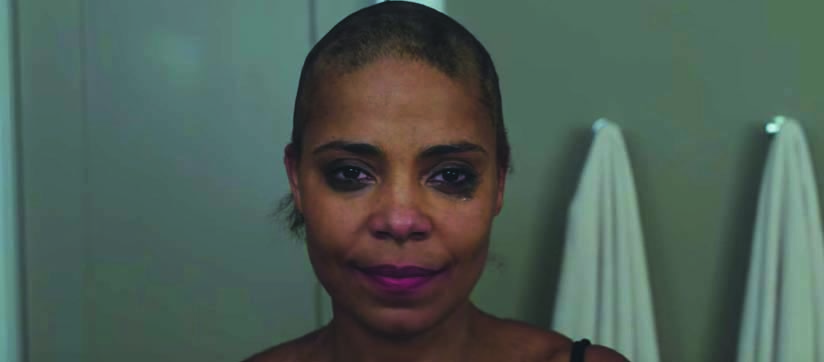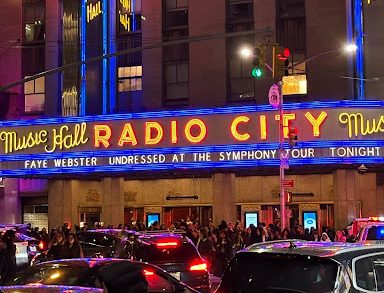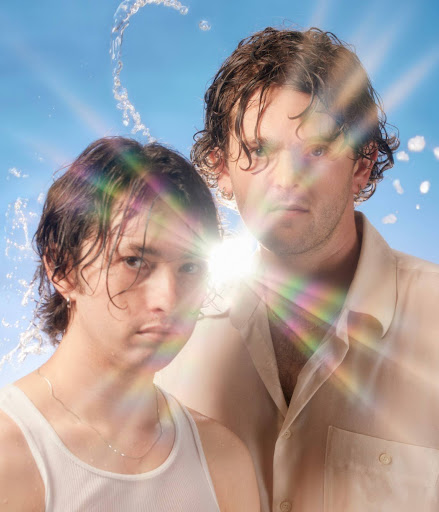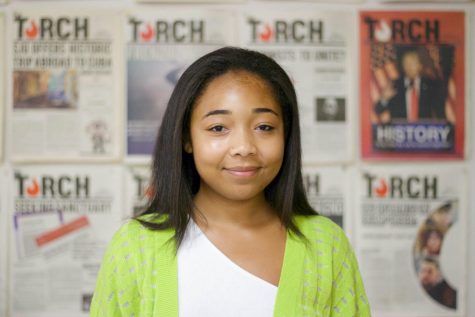The wait is finally over. On Sept. 21, Netflix released the much-anticipated new Sanaa Lathan movie, “Nappily Ever After,” based on the book of the same name by Trisha Thomas published in 2000.
In the romantic comedy, Lathan, who plays the main character Violet Jones, appears to be the perfect woman. She has a good job, a good man and most of all good hair — until things go completely south.
The film is broken up into stages: “Straight,” “Weave,” “Blonde,” “Bald,” “New Growth” and “Nappily,” which coincide with the hair phase and mindset of Jones at that point in time.
On the morning of Jones’ birthday and believed engagement, her worst fear comes true: she had been completely drenched by a water hose. She paced back and forth with her wet and curly hair, frantically trying to find a last-minute hair appointment, eventually leading her to a salon ran by natural-hair stylist, Will Wright (Lyriq Bent).
Then begins the second stage of the film, “Weave,” where Jones gets a weave installed to uphold the taught value of straight hair equaling perfection.
Upon realizing that her boyfriend was not proposing, Jones goes out with her two friends and gets drunk. This leads to the turning point of the movie, where Jones reaches for the clippers and emotionally begins to shave off all her hair.
The morning after, she screams at her reflection in the mirror, knowing that her “perfect” world was going to completely change.
As a black woman, “Nappily Ever After” changes your perspective on many things that black women go through. For me, it went all the way back to the beginning of the movie, when Jones’ mother instilled the significance of having straight hair. Jones grew up believing that it was more important to please others than to please herself. Many black girls across the globe can directly relate to this. Whether it is changing the way they talk and wear their hair to be accepted by colleagues or not speaking up about something they believe in because it might be an unpopular opinion.
“Nappily Ever After” taps into what it’s like to finally “let your hair down” and see and accept yourself as who you are and show people the real you. It’s about falling in love with your true self and recognizing that self-love is the wfirst love that you need.
Black children and women around the world need to see themselves on the screen and be reminded of their natural beauty. “Nappily Ever After” gives them the courage to just be themselves instead of conforming to the standards of beauty.
So whether your hair is curly, kinky or even just nappy, it truly is beautiful.










